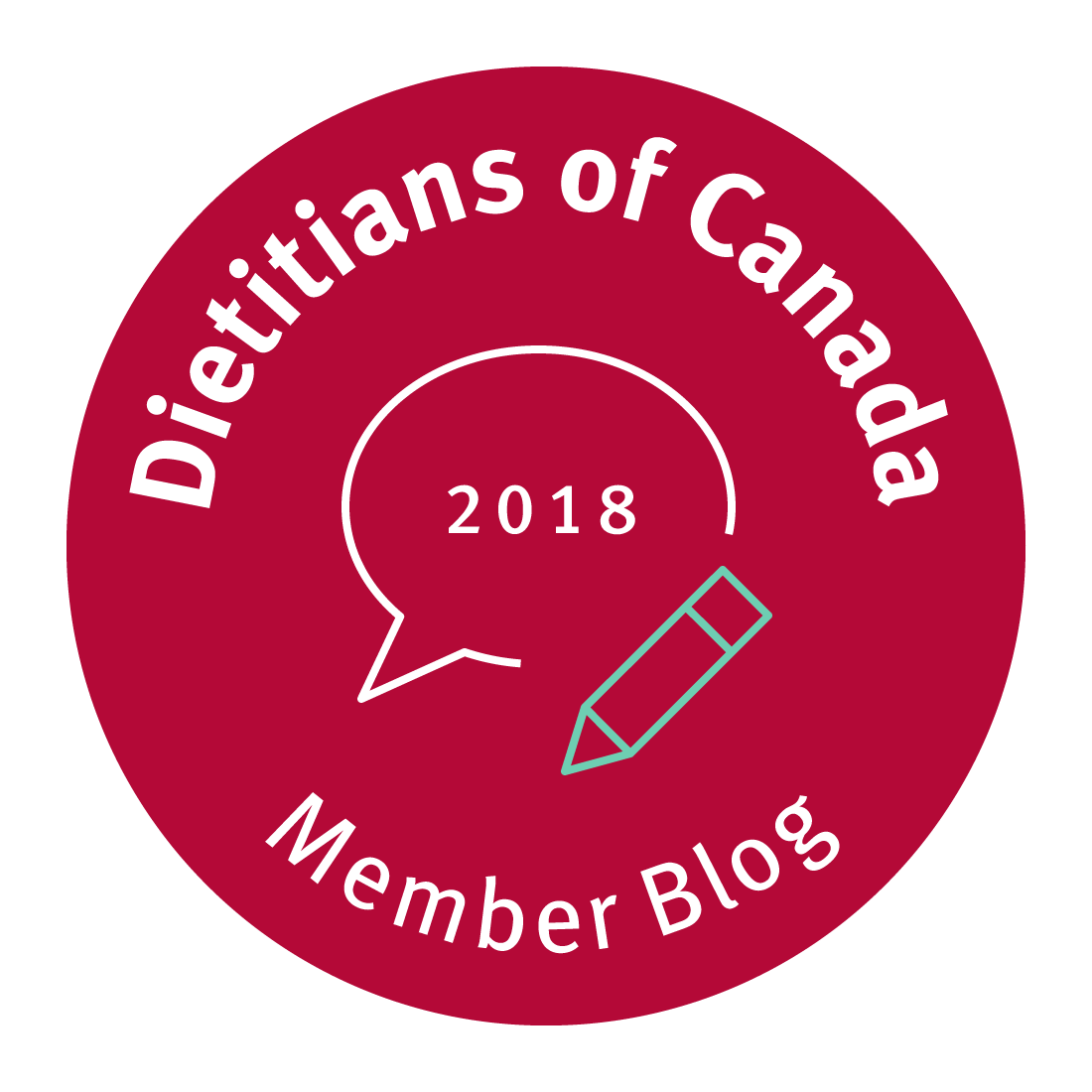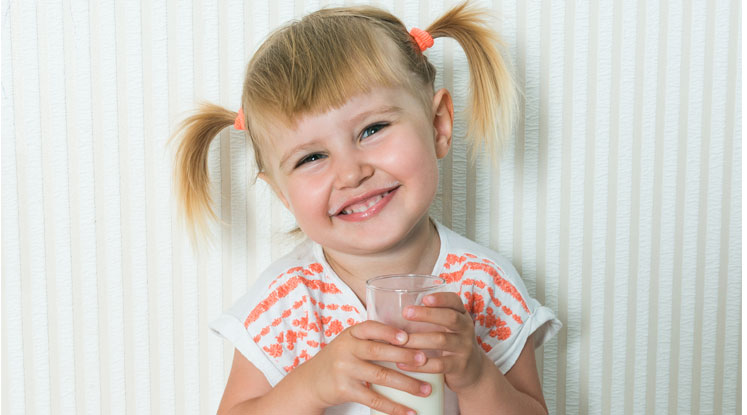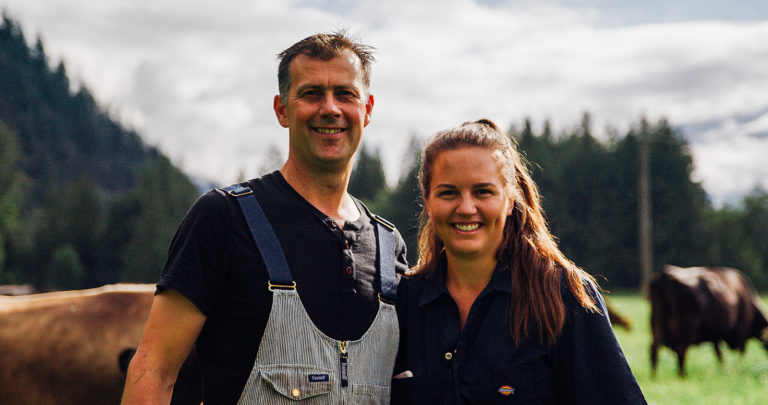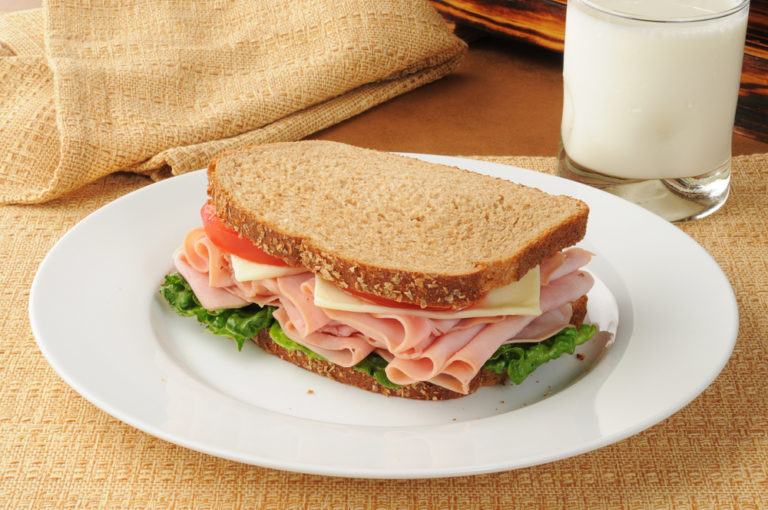With so many milk options out there (almond beverage, soy beverage, cow’s milk and many other alternatives), choosing what’s best for your 1- to 2-year old can be confusing. We break it down here.
Whether you’re a parent, grandparent, or other adult involved in caring for a toddler, it can be confusing to know which milk is best to provide. Here are the options:
- Whole cow’s milk (3.25% milk fat) and whole, pasteurized goat’s milk fortified with vitamin D and folic acid are the only suitable milks or milk alternatives for children less than two years old.
- After age two, fortified soy drink can be used as an alternative to cow’s milk.
- Options such as almond, coconut, rice, hemp and other plant-based drinks, do not contain enough protein and fat to meet the needs of a growing toddler.
- While fortified almond beverage and other plant-based drinks can be offered after age two, they don’t count as an alternative to cow’s milk-based on our national healthy eating guidelines.1
Is whole cow’s milk the only milk option for my 1- to 2-year old?
| Recommended milk options for 1-2-year-olds | Not recommended as a milk option for 1-2-year-olds | Recommended milk and milk alternatives for children over age 2 |
|
|
|
What’s the difference between cow’s milk and almond “milk”?
Cow’s milk
Cow’s milk is an excellent source of calcium, protein, and many other key nutrients. Whole, pasteurized cow’s milk (3.25% milk fat) can be introduced when a baby is 9-12 months of age and eating a variety of foods that are high in iron.2 Toddlers need energy to grow, so continue to offer whole milk until age two. You can switch to lower fat milk (2% or less milk fat) after age two.2
Almond “milk”
Almond “milk” can be purchased sweetened, unsweetened, and flavoured. It is not a good milk option for children less than two years of age due to its low protein and fat content.
What about homemade almond “milk”?
Any homemade nut beverage, such as almond “milk”, is also low in protein and fat, just like the commercial products. It is also not fortified with calcium and vitamin D. Many recipes contain added sugars as well. It is not a good milk option for children less than two years of age.
*It is important to note that plant-based beverages are not called milk (e.g. almond milk) because they are not nutritionally adequate alternatives to milk.1 This is why they are called beverages or drinks (e.g. almond beverage or almond drink).
What’s the difference between cow’s milk, goat’s milk and other plant-based drinks?
Goat’s milk
Goat’s milk contains a similar amount of protein, calcium, and vitamin A compared to cow’s milk. It also has the same amount of lactose as cow’s milk. Goat’s milk is not recommended for infants younger than nine months of age. When it is whole, pasteurized and fortified with vitamin D and folic acid, it can be used as an alternative to cow’s milk for children less than two years of age.2 Note that usually, if a child is allergic to cow’s milk, they will also be allergic to goat’s milk.
Soy drink
Soy beverage contains a similar amount of protein compared to cow’s milk. It can be purchased sweetened, unsweetened, and flavoured. It is not a good milk alternative for children less than two years of age because of its low fat content.2
Coconut drinks
There are many types of coconut drinks on the market including coconut water, coconut juice, coconut “milk”, and coconut cream. Coconut beverages are not recommended milk alternatives for children less than two years of age due to their low protein content.2
Rice drink
Rice beverage is usually made from brown rice and may be sweetened and/or flavoured. It is not a good milk alternative for children less than two years of age due to its low protein and fat content.2
Hemp drink
Hemp beverage is made from hemp seeds and may be sweetened and/or flavoured. Hemp beverage is not a good milk alternative for children less than two years of age due to its low protein and fat content.2
It’s clear that Not All Milks Are Created Equal! For more information about the differences in nutritional value between cow’s milk and milk alternatives, such as almond “milk”, take a look at this comparison chart.
What if my child can’t drink milk?
If your child shows symptoms of lactose intolerance, they can most likely still include milk. However, if there’s a milk allergy, or if your child cannot drink milk for other reasons, it’s still possible to get enough nutrition with extra guidance. Reach out to a BC dietitian by calling HealthLink BC at 8-1-1 or by finding a dietitian in your area.
What brand of whole cow’s milk should I give my child?
Wondering which brand of whole cow’s milk to give your child? All brands of whole cow’s milk found in the grocery store will have the nutrients your child needs from their milk. Whether it’s organic or conventional milk, Canada has the highest milk production standards in the world. Find out more about how to find Canadian milk here.
Are all milk alternatives fortified?
In Canada, according to plant-based beverage fortification law, manufacturers must fortify almond “milk”, and other plant-based drinks with the following six nutrients: vitamins A, D, and B12, riboflavin, calcium, and zinc. Manufacturers may choose to add additional nutrients as well. While fortified drinks made in Canada generally meet these requirements, many imported beverages do not. Check a product’s label to find out which nutrients it provides and check with a dietitian who will help you find food sources for missing nutrients (if applicable).
Bottom line:
It is clear that when it comes to toddlers, not all milk and milk alternatives are equal. Opt for whole, pasteurized cow’s milk (3.25% milkfat) or whole, pasteurized goat’s milk fortified with vitamin D and folic acid when selecting milk for your 1-2-year-old. This will help you provide your toddler with the nutrition that they need to do what they do best: be curious, be silly, and have fun!
Updated December 2018

References
- Health Canada. (2007). Eating Well with Canada’s Food Guide. Retrieved from http://www.hc-sc.gc.ca/fn-an/food-guide-aliment/index-eng.php
- Health Link BC. (2015). Baby’s First Foods. Retrieved from http://www.healthlinkbc.ca/healthfiles/hfile69c.stm



